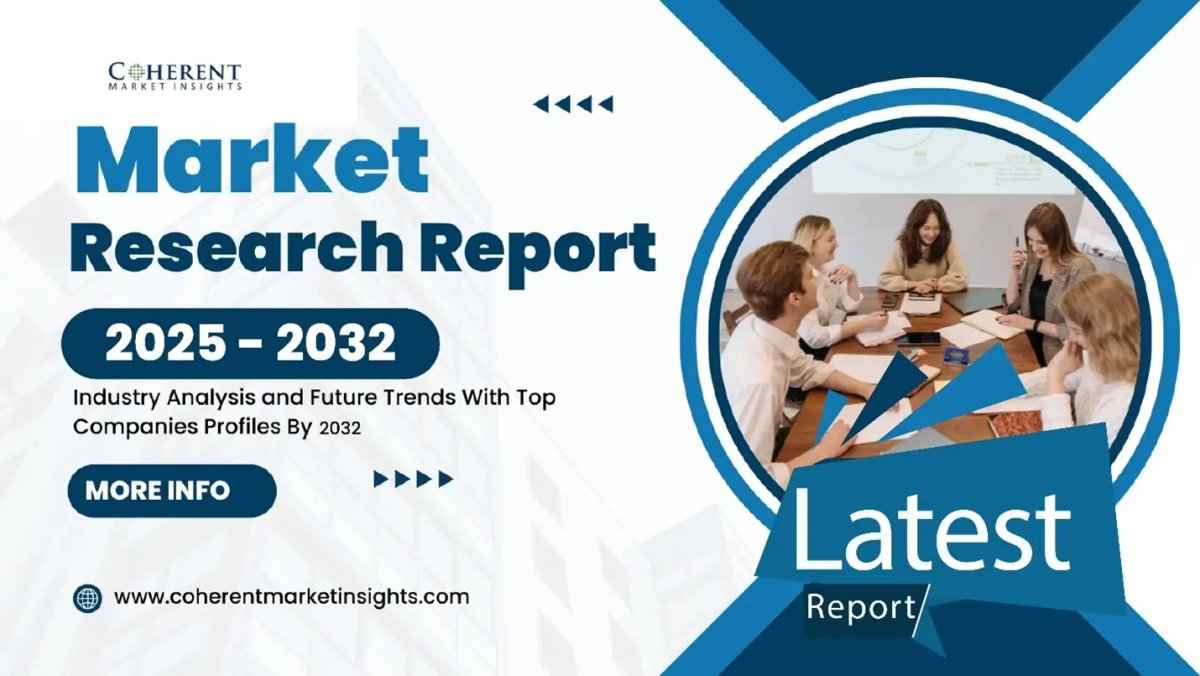COP26: Unlocking CFO time to focus on ESG initiatives key to meeting targets
Published by Jessica Weisman-Pitts
Posted on November 24, 2021
5 min readLast updated: January 28, 2026

Published by Jessica Weisman-Pitts
Posted on November 24, 2021
5 min readLast updated: January 28, 2026

CFOs must focus on ESG initiatives to meet climate targets. Automation can help finance teams manage sustainability challenges effectively.
 By Rob Israch, General Manager Europe, Tipalti
By Rob Israch, General Manager Europe, Tipalti
A turbulent few years has highlighted the increasing importance of business agility, and the need to constantly assess challenges and priorities. The global pandemic, supply chain issues and the growing threat of cyber-attacks are just some of the challenges UK businesses are facing, not to mention the continued and unchartered waters of Brexit. For CFOs and other finance leaders, this has meant new pressures on top of what is an already demanding position. In fact, latest research by Tipalti revealed nearly all (97%) UK CFOs believe their role has become more complex in the last two years – with sustainability being a main driver of complexity for the finance team.
COP26 brought together some of the world’s most powerful people to tackle the biggest threat our planet faces, with leaders now having agreed to the new Glasgow Climate Pact. Many countries have also pledged net zero targets with India committing to 2070 and Nigeria to 2060.
In order to meet these goals, Governments will be tasking businesses to not only have full visibility into their carbon footprint, but pretty quickly find solutions to begin cutting it down. whilst leaders sign pledges and make commitments to meet lower emissions targets, attention will quickly turn to businesses to deliver upon promises. Transitioning to renewable energy sources, and sustainable practices are expensive processes that will require business leaders to lean on finance teams for support and solutions for navigating these changes. Increasingly, leaders of these businesses look to their colleagues in finance for solutions. In fact, CFOs ranked incorporating environmental, social and governance (ESG) and sustainability into the business and its operations as the greatest driver of complexity in their role (27%), above even the global pandemic (22%).
For business leaders, the urgency is two-fold. Yes, targets from government are being set and businesses will need to adapt in order to comply, but business growth itself will also be stunted if the issue is not made a priority. ESG ratings have become a tool for asset managers and investors to evaluate and compare current portfolio companies and future investment prospects. The climate agreement also saw new rules on transparency and emissions reporting, dictating that nations follow standardised emissions reporting from 2024, providing the public with regular and more robust information on the state of greenhouse gas emissions. This will make it much easier for experts and investors to compare climate progress across countries; those that are slow to act will stand out, and countries will be held to account. Internal pressures to conform therefore will be ramped up as stakeholders will make companies more accountable. Considering more than a quarter (28%) of UK business leaders and 23% of their finance counterparts rate international growth as a top priority, a less than favourable ESG rating, available for all to see, will quickly see expansion targets revised down.
While the importance is clear, finding time to innovate for an already overworked finance department is no mean feat. Frustratingly, nearly a third (29%) of CFOs state they are having to deal with more manual finance operations, meaning that instead of being relieved of administrative duties, the department is being asked to do more of it. The time being spent by CFOs on manual operations will not just lead to a lack of innovation in ESG, and potentially result in missed targets, but will leave the business vulnerable to members of its finance team experiencing burnout, and ultimately, increased churn.
The number one most time-consuming function in finance today is accounts payable operations. Automation can alleviate the burden of managing these manual financial tasks and free up time for the tasks that matter. Whilst the pandemic triggered the start of digital transformation for many businesses, the journey will be by no means complete. Digital transformation should be a continuously evolving process, without a clear end. It’s crucial that businesses do not limit these transformations solely to IT and technology teams, but instead have input from all departments, including finance.
Following COP26, it’s clear that businesses will no longer be able to hide behind a curtain of sustainable naivety. Greenwashing tactics have become predictably transparent and businesses failing to measure their carbon output will only come under greater scrutiny until they do. With the UN being asked to assess climate plans year on year, every COP will be a pressure point for nations to commit more, especially if the goal of remaining under 2°C looks out of reach. Transparency of progress towards climate goals will also be key for businesses wishing to manage the pressures set upon them from above.
Today CFOs need to focus on more than just financial operations; provided they are given the opportunity to step back from the manual day-to-day processes that can be handled by AI and automation, and focus on strategic initiatives that help them survive and thrive whatever the challenge.
The article discusses the importance of CFOs focusing on ESG initiatives to meet climate targets and the role of automation in achieving this.
Automation reduces manual finance operations, freeing up time for CFOs to focus on strategic ESG initiatives.
ESG ratings are used by investors to evaluate companies, impacting business growth and investment opportunities.
Explore more articles in the Business category











